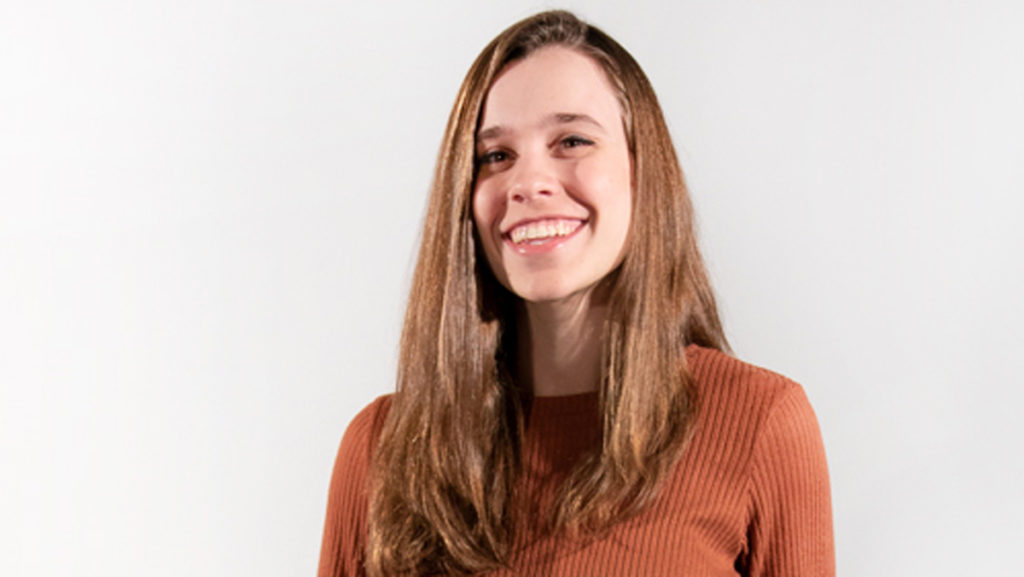As the world watched the 2020 U.S. Presidential race unfold, Democratic candidate Rev. Raphael Warnock was waging a crucial campaign against incumbent Republican Sen. Kelly Loeffler for the seat of U.S. senator for Georgia. Loeffler also happens to be a part owner of the WNBA’s Atlanta Dream, and she dramatically miscalculated the power of the athletes’ activism against the ultraconservative talking points that she thought would help her retain her seat in the historically red state.
Loeffler began to dig her own grave when she publicly opposed the league’s social justice work during the season. She published a letter written to WNBA Commissioner Cathy Englebert rejecting the Black Lives Matter movement and criticizing the incorporation of “politics in sport.” In a league that is 83% nonwhite, condemning an international movement for racial justice did not go over well.
WNBA players immediately mobilized, calling for Loeffler to be removed from ownership of the Dream and publicly speaking out against her. New York Liberty guard Layshia Clarendon, who played for the Dream from 2016–18, said in an interview with ABC News Live that Loeffler’s comments showed she didn’t care about her athletes off the court.
“That’s what we see so often with sports, with culture, with music, is that you’re okay with Black people as long as they kind of stay in their place or they’re performing or they’re sports stars,” Clarendon said.
The WNBA players were not going to stay in their place, and they turned anger into action when they began to actively campaign against Loeffler in her Senate race. Players from across the league sported “Vote Warnock” t-shirts to games in support of Loeffler’s opponent and endorsed him on social media. On Election Day, their efforts made a difference — Warnock led all 20 candidates in the Senate race with 32.9% of the vote and is favored to win the upcoming runoff against Loeffler.
Athlete activism on both the college and professional level has played a huge role in recent social and political movements across the nation, as well as on the grassroots level.
Ithaca College athletes have been an enormous part of such movements on South Hill, even before the heinous police brutality incidents of this summer put racial injustice in the national spotlight. Black athletes and other athletes of color spearheaded conversations about racial tensions in the college’s athletic department and spoke up in front of their peers at the Voices of Experience event back in January.
Junior Katelyn Hutchison, who is now a captain on the women’s track and field team, also took the initiative to start Student-Athletes of Color, a club in which nonwhite athletes can find a community and advocate for issues that they face within a predominantly white institution. While the college’s athletic department still has a long way to go, it demonstrated what it has learned from the work of Black athletes during the Black Lives Matter movement this summer.
When Minneapolis police officers killed George Floyd in May, several head coaches posted statements in support of social justice on social media platforms, and Susan Bassett, associate vice president and director of intercollegiate athletics and recreational sports, expressed her support for Black athletes in an email to student–athletes. Black athletes also facilitated conversations within their teams about systemic racism, police brutality and the importance of allyship.
Athletes are constantly told that they are examples and role models for the communities around them, and that is never more true than in cases of athlete activism. A handful of professional women’s basketball players could change the political alignment of the legislative branch, and student-athletes are creating accountability for racial equity in their own institutions. Athletes have a platform and a power that is unmatched, and they can make their voices the catalysts of change.




